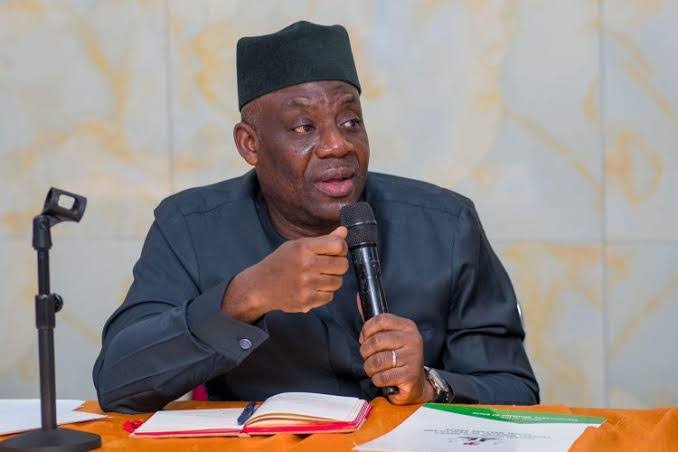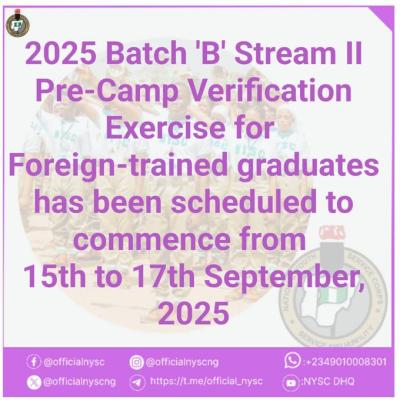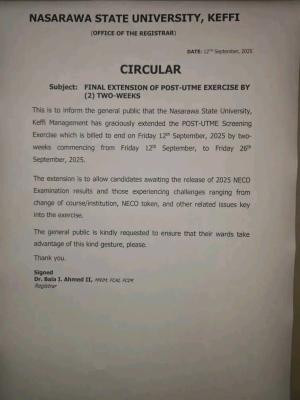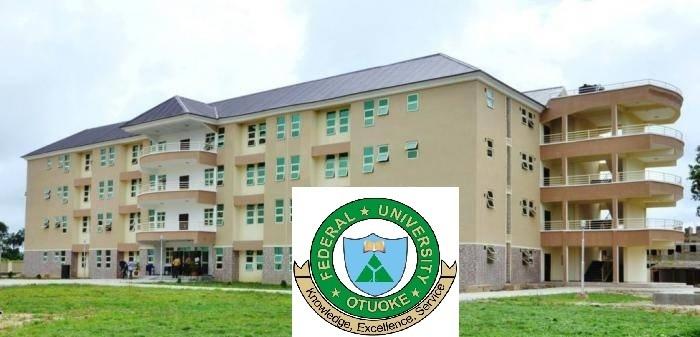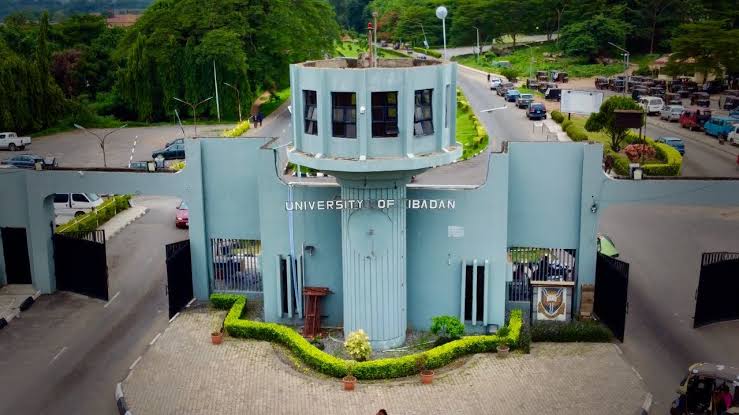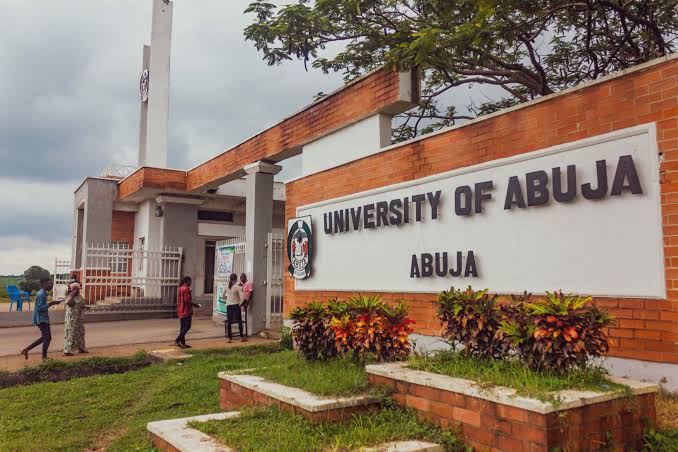In a bold step towards reforming Nigeria’s education system and restoring the dignity of the teaching profession, the Federal Government has announced the introduction of mandatory ethics and criminal record screening for teachers across the country. This groundbreaking policy, unveiled in Abuja on Monday, August 25, 2025, is set to reshape how teachers are recruited, registered, and monitored in both public and private schools.
The initiative was launched by the Minister of Education, Dr. Tunji Alausa, during the official unveiling of the Teachers’ Registration Council of Nigeria (TRCN) digital portal and its new strategic vision for teacher professionalism in Nigeria.
What the New Policy Means
The newly introduced framework makes it compulsory for every teacher to undergo ethics verification and a criminal background check before they can be employed. Whether you’re applying to a government school, a private institution, or even a low-cost community school, no teacher will be allowed to stand in front of a classroom without passing this screening process.
This marks a major shift from the past, where many unqualified individuals slipped through the cracks, sometimes using forged certificates, and gained teaching jobs without proper vetting.
The TRCN digital portal now serves as the central hub for real-time teacher registration, licensing, and background checks. With just a few clicks, schools and regulators will be able to confirm whether a teacher is properly certified, free of criminal records, and professionally fit to teach.
Why This Matters
Nigeria’s education sector has long been plagued by challenges such as:
- Employment of unqualified teachers.
- Rampant certificate forgery and impersonation.
- Declining standards of literacy, with reports showing that nearly 30% of Nigerian children are unable to read or write effectively.
- Lack of accountability and discipline in the teaching profession.
By introducing ethics and criminal screening, the Federal Government aims to:
- Restore integrity – Only individuals of proven moral character will be entrusted with educating Nigeria’s children.
- Promote accountability – Teachers will now be subject to ongoing monitoring and review.
- Improve quality education – Ensuring that only trained and licensed professionals are in classrooms.
- Rebuild public trust – Parents and guardians can be more confident in the competence and safety of their children’s teachers.
Features of the TRCN Digital Portal
The newly unveiled TRCN digital portal is not just a database. It’s a comprehensive platform that will modernize how teaching is regulated in Nigeria. Some of its features include:
- Real-time teacher registration and licensing – Schools can instantly verify the status of any teacher.
- Criminal record checks – Screening ensures that individuals with questionable backgrounds are flagged before entering the classroom.
- Ethics compliance monitoring – Teachers’ conduct will now be regularly evaluated.
- AI-powered lesson planning tools – To support teachers with better teaching resources.
- Teacher Investigation Panels (TIPs) – Panels to be established in every state to address complaints, misconduct, and ethical violations among teachers.
International Collaboration
This reform has also attracted international support. The British High Commission in Nigeria, represented by Senior Education Adviser Ian Attfield, praised the initiative and pledged continued support for teacher development in Nigeria.
The UK noted that such digital systems help promote transparency, accountability, and incentives for teachers, especially across diverse teaching environments such as faith-based schools, low-cost private schools, and public institutions.
This backing from international partners shows that Nigeria’s education reforms are aligned with global best practices.
Implications for Teachers
For Nigerian teachers, this policy is both a challenge and an opportunity:
- Challenge: Teachers will now face stricter vetting. Those with falsified certificates, unethical conduct, or criminal histories will be weeded out.
- Opportunity: The reform elevates the status of the teaching profession. Licensed, ethical teachers will enjoy greater respect, recognition, and opportunities for career growth.
Teachers are also encouraged to regularly update their TRCN registration, embrace technology for teaching, and comply with ethical standards to remain in good standing.
What Parents and Students Should Know
For parents, this reform is a step towards ensuring their children’s safety and educational progress. No parent wants to leave their child under the supervision of unqualified or ethically compromised individuals. With this system:
- Parents can now have more confidence in the teachers assigned to their children.
- Schools will become more accountable to both parents and regulatory authorities.
- Students will benefit from higher-quality teaching delivered by professionals.
Looking Ahead: Restoring Dignity to the Teaching Profession
Teaching is one of the noblest professions, but in Nigeria, it has often been undervalued. The Federal Government’s new framework is a powerful move to redefine what it means to be a teacher in the country.
By combining ethics, professionalism, technology, and accountability, the TRCN digital portal and screening system could become a turning point in Nigeria’s journey toward educational excellence.
As Dr. Ronke Soyombo, TRCN’s Registrar, emphasized, this reform is not just about technology—it’s about rebuilding trust, setting standards, and creating a future where Nigerian children are taught by qualified, disciplined, and ethical educators.
Final Thoughts
This new policy signals a new era for education in Nigeria. While some teachers may initially find it tough, the long-term benefits far outweigh the challenges. If properly implemented and sustained, the ethics and criminal screening framework will help to:
- Eliminate quack teachers.
- Raise educational standards.
- Protect children from potential abuse or poor instruction.
- Restore pride and dignity to the teaching profession.
Education is the backbone of any nation, and with reforms like this, Nigeria is taking steps to ensure that its backbone is strong, ethical, and capable of supporting the dreams of millions of young learners.
👉 What do you think about this new policy? Do you believe it will help improve Nigeria’s education system, or do you see potential challenges in its implementation? Share your thoughts below!
